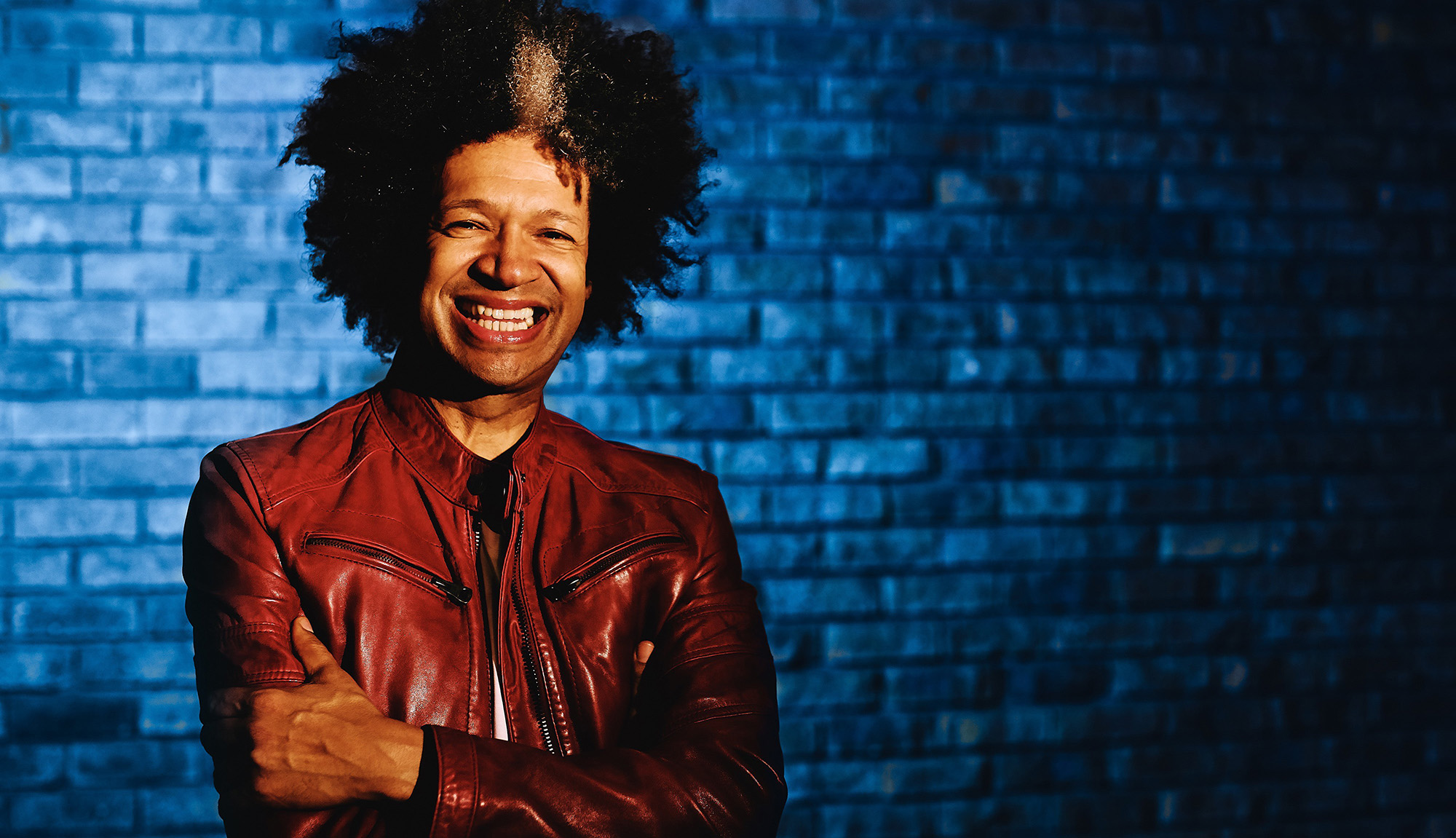Chances are if you asked someone outside of South Africa what they most associated with the country, they will, after Nelson Mandela, mention a long and illustrious list of artists who have put the country’s heart and soul on the world map.
From Ladysmith Black Mambazo to Esther Mahlangu, from Johnny Clegg to Miriam Makeba, from Antjie Krog to Busi Mhlongo, from Pretty Yende to William Kentridge, from Wouter Kellerman to the Ndlovu Youth Choir, from Breyten Breytenbach to Trevor Noah, David Kramer, Bongeziwe Mabandla, Black Coffee... we could go on and on.
The sector is worth more than the billions it generates in ticket sales and the careers it sustains. It is the biggest driver of Brand South Africa other than sport. Yet, since 1994 it has been a sector wilfully neglected and underfunded. Artists in South Africa often live hand to mouth and the coronavirus pandemic has delivered a devastating blow to the sector.
Writing on Facebook, Market Theatre CEO Ismail Mohamed highlighted that “with just over 50 days into the lockdown freelance artists who have lost almost all their income for the best part of this year are still waiting desperately for handouts from government’s R150-million relief fund because the fund is shrouded in bureaucracy, administrative ineptitude and secrecy”.
Things have got so bad that the Theatre Benevolent Fund announced on Sunday 17 May that it has had to suspend its Covid-19 voucher drive as it had, according to Gert van Niekerk, run out of funds. Across South Africa, artists are struggling to pay rent and feed themselves.
In the meantime, theatre managements and artists have had to devise innovative ways to keep this most vital cultural and intellectual sector alive during lockdown and the new abnormal we all live with.
A world without music, literature, dance, fine art, photography, comedy, design, theatre and performance is simply unimaginable. It is this that gives life its very meaning, nuance and depth.
The Baxter Theatre in Cape Town is an institution in the city. For years it has served the region and beyond, without a government subsidy, enabling the creation and showcasing of new South African work. Thousands of the country’s playwrights, dancers, comedians, actors and directors have found a platform in the complex.
Lara Foot, the Baxter’s CEO and artistic director, soon after the country went into lockdown, understood that the future of the arts in South Africa and the Baxter Theatre itself, depends on support from audiences and other benefactors if the sector is to survive the pandemic.
Foot has long been struggling to secure the financial sustainability of the Baxter, which, unlike Artscape, the Market Theatre and others, does not receive funding from the Department of Sports, Arts and Culture, nor does it qualify for funding from the National Lottery Commission. The theatre depends on the University of Cape Town for admin costs, but that is it.
/file/dailymaverick/wp-content/uploads/Thamm-covid-ArtSurvival-inset-BaxterFaniswa.jpg)
With lockdown, Foot and Baxter Theatre management understood the theatre needed to find a way of surviving, which is how the idea of the Baxter Theatre
style="font-weight: 400;">Coffee Angels was born. For the price of a monthly cup of coffee, R30, the theatre hopes to raise enough money to become self-sufficient.
“I am hoping to reach 30,000 contributors who can afford R30 a month or R360 a year which could amount to R10.8-million per year, enough for us to survive in the long run,” said Foot.
She said she did not see the Baxter operating functionally until early 2021 and R5-million was needed just to get through 2020.
“We would need R6.8-million to become self-sustainable and not lean so heavily on the university in order to ensure the future of our theatre. This is an urgent priority. R4-million would be invested into our Permanent Endowment Fund, to generate interest on that fund,” said Foot.
Beloved comedian Marc Lottering who, as a student, ushered at the Baxter, said the idea that the theatre might have to close its doors was shocking.
“The Baxter is so much more than just a theatre. It is a place of community and a place where people come over the years to make memories,” said Lottering.
The Baxter hosts around 3,000 productions a year and sustains a vibrant artistic community.
Another initiative launched is Baxter Radio, roping in 40 actors and artists to record school set-works, children’s books, new South African works, and classics.
“There are communities who do not have internet access and radio is the perfect way to bridge the gap,” said Foot.
While she said she was not a fan of “live-streaming” because “theatre doesn’t exist without the special connection between actor and audience”, the “old and trusted medium of radio asks the audience to listen and engage, which is comparable to the form of theatre”.
While Foot might not be a fan of live-streaming, South Africa’s artists are finding a new source of income selling tickets, usually for around R60 (the price of a packet of cigarettes pre-lockdown), to bring their work to audiences homebound during curfew.




 Marc Lottering (Photo supplied)
Marc Lottering (Photo supplied)